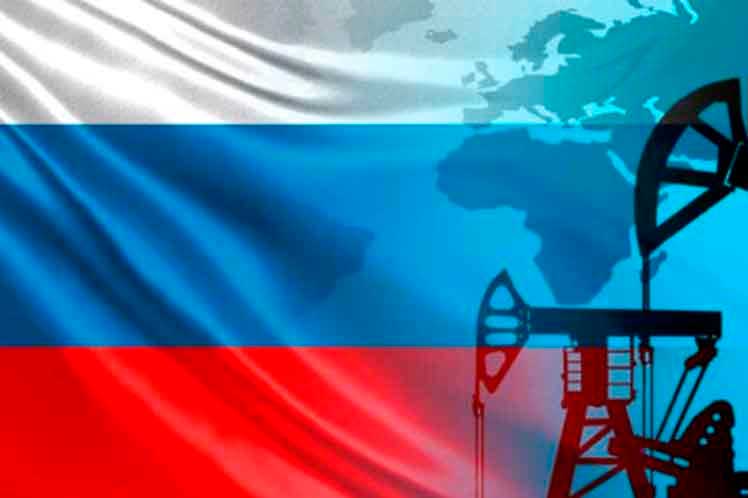According to experts on the subject, the new proposal distinguishes between a total ban on Russian imports by sea by the end of the year and a temporary exemption for oil from the Druzhba pipeline, the longest in the world.
However, Hungarian Prime Minister Viktor Orban expressed his disagreement on Monday and demanded a new exception for his country, as a condition for accepting the veto.
“The proposal we have received is not a good one. We are ready to accept the sixth package if there are solutions for Hungary’s energy supply security… First we need solutions and then sanctions,” Orban said.
The new meeting, convened by the president of the European Council, Charles Michel, comes after several weeks of unsuccessful negotiations on a measure for which there is still no consensus in the bloc.
Meanwhile, international organizations such as the World Trade Organization (WTO) warned about the consequences for the global economy of sanctions that limit the flow of trade between countries, with an impact on world prices for energy, food and, therefore, on people’s lives.
Participants in the meeting will also discuss the possibility of confiscating the property and assets of Russian business people who try to circumvent European sanctions, as well as “ways to curb rising energy prices, including the feasibility of introducing temporary price caps.” jg/mgt/att









